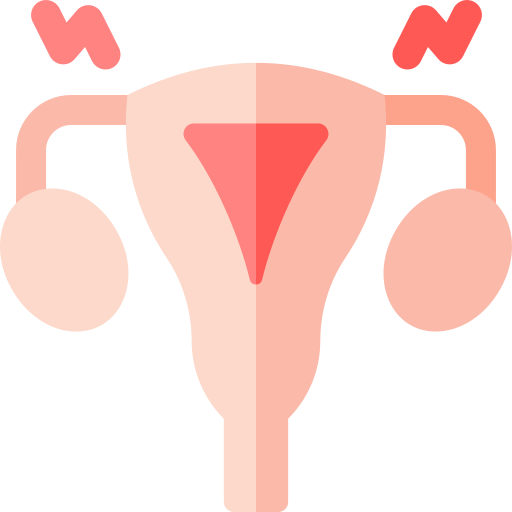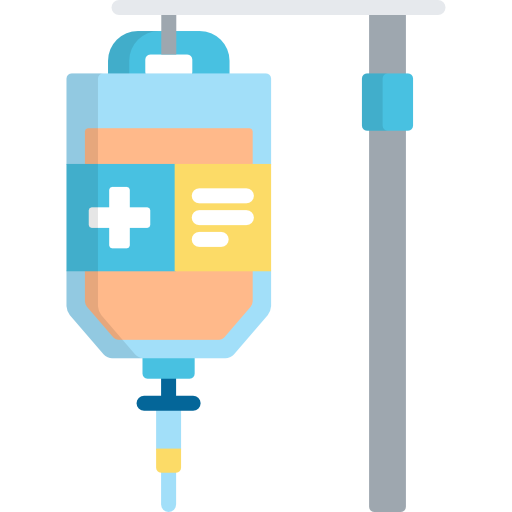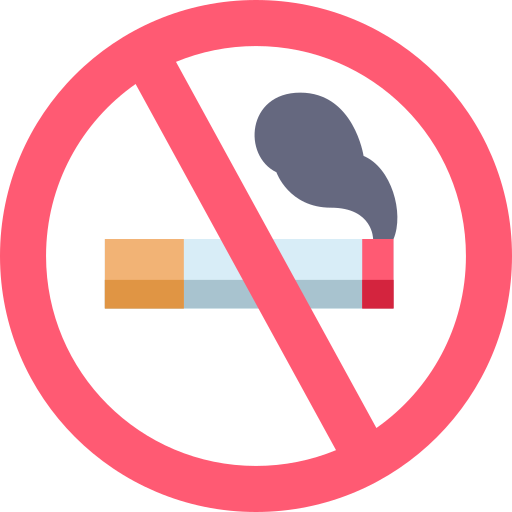Imagine trying for 12 months or more with your partner to have a baby but each time you get your period, you feel like your dream of a family isn't starting. When you go to your doctor, you're told that your reproductive health system isn't working as it should and that your ovaries aren't releasing eggs.
As soon as your family and extended family hear about it, they start shaming you for your inability to conceive. Many couples experience temporary or permanent infertility but it has a huge mental, emotional, and physical toll on women. It impacts their mental health, relationships, work, confidence, and self-esteem.
What causes female infertility?
 Age
Age
Fertility for women is best between their late teens and late 20s. After 30, fertility tends to decline and by 45 it becomes hard to be naturally pregnant.
 Hormonal issues
Hormonal issues
Any hormonal imbalance, especially with the follicle-stimulating hormone (FSH) that plays a role in regulating menstrual cycles, can lead to infertility.
 Endometriosis
Endometriosis
This particular disorder, where the uterus line grows outside the uterus, has been associated with fertility issues. Fertility depends on the stage of your endometriosis.
 Polycistic ovary syndrome
Polycistic ovary syndrome
Polycystic ovary syndrome (PCOS) is a hormonal disorder when you have infrequent or prolonged menstrual periods, or excess male hormone (androgen) levels that make it difficult for your ovaries to regularly release, or even fail to release eggs.
 Structural issues
Structural issues
A blockage of your fallopian tubes might prevent sperm from entering and fertilizing an egg. This blockage could be due to pelvic inflammatory disease (PID) caused by untreated STIs like chlamydia and gonorrhea.

Being overweight or underweight
Obesity can change the way women store sex hormones. Being underweight can lead to missed or irregular menstrual cycles resulting in a pause in ovulation.
 Cancer tratment
Cancer tratment
Radiation or chemotherapy can make ovaries stop releasing eggs and estrogen. This can be temporary, as menstrual cycles and fertility can return to normal after treatment.
 Smoking or drug use
Smoking or drug use
Nicotine or tobacco impacts cervical mucus, which can make it challenging for the sperm to reach the egg. If drugs are used for a long duration, it can cause permanent infertility.
 Alcohol
Alcohol
Women who drink alcohol excessively could have heavy or irregular periods. Research has shown that it can affect ovulation and the ability to conceive.
 Plastics
Plastics
Chemicals in daily products and electronics have been shown to lower fertility in men, women, and animals.
 Race and ethnicity
Race and ethnicity
Black women are twice as likely to experience infertility than White women, and are less likely to seek treatment because of barriers to medical care.
Which countries have the highest and lowest rates of fertility?

According to the World Bank, the top 5 countries in 2021 with the lowest fertility rates are South Korea, Puerto Rico, Hong Kong, Malta, and Singapore, whereas Niger, Somalia, Congo, Mali, and Chad have the highest.
It's important to know that lower fertility rates aren't necessarily due to medical conditions but a reproductive choice that many people practice.
What are common myths around infertility?

Myth 1: Women are to blame for infertility.
False! This idea comes from patriarchal societies where a man who can't get a woman pregnant would feel insecure and inferior, so blaming it on a woman takes much of the pressure off him.
Myth 2: Women past age 35 can't be fertile.
While chances of getting pregnant are highest in your late teens to late 20s, fertility does decline every decade. However, healthy women past 35 are still very likely to conceive without difficulty as compared to someone under the age of 35. You can be fertile till the age of 51.
Myth 3: Birth control can lead to infertility.
With most common birth control methods like implants, injections, or the pill, your fertility should be back to normal within a few days or weeks.
What makes infertility challenging for women?

In many developing countries, infertility is thought of as a curse or a bad omen. Women facing infertility problems are disinvited from celebrations and gatherings and disallowed from touching babies as they might give the baby "evil eye".
Women who experience infertility can also be left by their husbands for not "producing an heir". Any domestic violence or infidelity by husbands is accepted and normalized by many women, as they might feel inferior because of infertility issues.
Experiencing infertility can also feel to many women like they've failed as women or wife. This can lead to experiencing shame, guilt, and anxiety. Constant prodding by family members on when the couple is planning a baby can cause someone experiencing infertility to get agitated and frustrated.
This can really impact women's self-esteem and mental health in the short and long term and cause severe marital distress or relationship problems between couples.
How does infertility get diangonsed?

Your doctor could diagnose your condition by:
Checking your basal body temperature
Monitoring the consistency of cervical mucus
Conducting a pelvic exam, pap smear, blood test, or transvaginal ultrasound
Conducting an an X-ray, hysteroscopy, or laparoscopy
Are there treatments for infertility?

One of the most common treatments is in vitro fertilization (IVF), which involves finding and getting multiple mature eggs out in a dish in a lab, then fertilizing them with sperm and injecting the embryos back into the uterus once fertilization happens. Medicine and surgery can also be used depending on the problem being faced.
Another popular but less effective method is intrauterine insemination (IUI), where a health care provider places sperm directly in the uterus while you ovulate or gives you drugs to accelerate ovulation.
Quiz
Leena is a newlywed dealing with an irregular period, hair growth on her face from higher amount of male sex hormones, and the inability to get pregnant. What should she do?
Take Action

How do we reduce the shame and stigma surrounding infertility?
Your feedback matters to us.
This Byte helped me better understand the topic.
